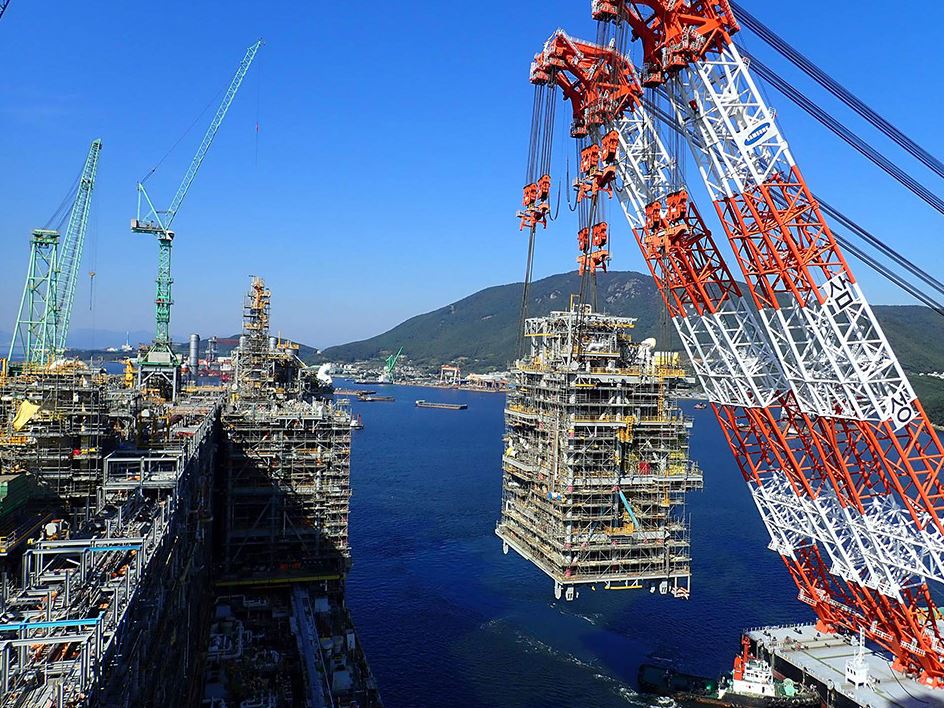UTM Offshore is looking to take a final investment decision on Nigeria’s first floating LNG project in the fourth quarter of 2022, according to the company’s managing director and chief executive, Julius Rone.
Abuja-based UTM Offshore has just signed a deal with the African Export-Import Bank (Afreximbank) to secure up to $5 billion for the development of the FLNG project.
The company is targeting to launch the project in 2026.
“UTM is expected to take the final investment decision (FID) and award engineering, procurement, construction and installation (EPCI) contract in the fourth quarter of 2022,” Rone told LNG Prime on Thursday.
Capacity boost
Rone said that Japan’s JGC has completed the pre-front end engineering and design work for the FLNG awarded earlier this year.
The firm also selected US-based KBR as the owner’s engineer to review JGC’s work and said that trader Vitol had joined the consortium as off-taker for the LNG.
JGC completed the pre-FEED work on October 15, some four months after it started the project.
As a result of this design work, the FLNG’s capacity would be boosted by some 26 percent to 1.52 mtpa, according to Rone.
UTM Offshore previously said it would install a liquefaction unit with a capacity of 1.2 mtpa, sourcing gas from the Yoho field which lies in Oil Mining Lease 104, offshore Nigeria.
Also, the unit would process associated gas currently flared in order to cut carbon emissions and monetize additional reserves for the domestic and global market.
The facility would receive gas from an existing offshore platform located at OML 104.
The Nigerian government holds a 60 percent interest in the Yoho crude oil joint venture, through NNPC, while ExxonMobil’s MPN holds the remaining 40 percent and operates the development that started production back in 2003.
FLNG newbuild
Rone said that a newbuild unit would serve the first FLNG project developed by an African company on the continent.
He said the unit would have a turret and mooring system, gas pretreatment and LNG production modules, living quarters, self-contained power generation and utilities, as well as capacities for LNG storage and offloading.
JGC’s preferred partner for FLNG projects is South Korea’s Samsung Heavy Industries.
The two firms have already delivered the second FLNG for Petronas and they are working together on the FEED for the third Petronas’ FLNG as well. SHI and JGC also partnered with Technip Energies on the recently delivered Coral FLNG, owned by Eni.
Rone did not comment when asked whether SHI could build the unit with JGC.
UTM Offshore’s FLNG would add to the 22 mtpa of LNG capacity the Bonny onshore plant already produces in Nigeria.
Besides the six existing trains, the joint venture behind the Bonny plant which includes NNPC, Shell, Total, and Eni is also building an additional unit to boost the terminal’s capacity to 30 mtpa.

